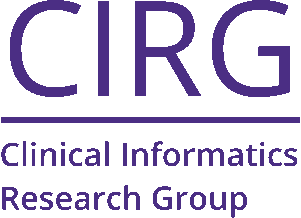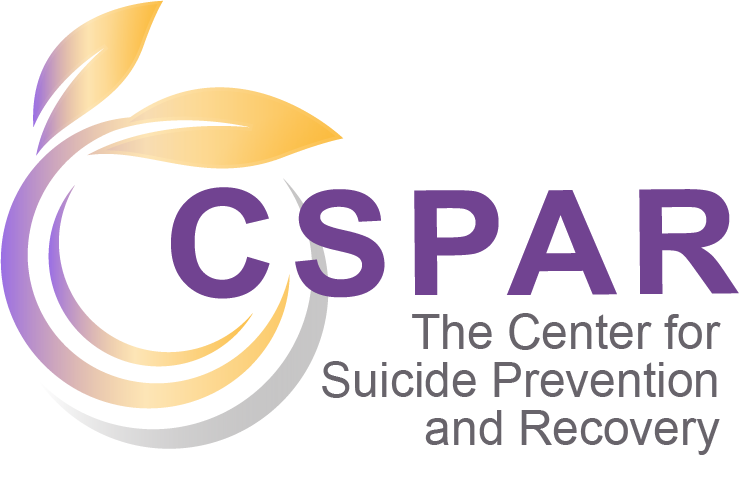About Us
The Center for Suicide Prevention and Recovery (CSPAR) teamed up with the Clinical Informatics Research Group (CIRG) and experts in Human Centered Design and clinical decision support tools to develop ISACC.
The Center for Suicide Prevention and Recovery promotes the recovery of individuals experiencing suicidal thoughts and behavior and the effectiveness and resilience of the clinical staff and families who care for them through
- conducting rigorous and ecologically valid research
- developing innovative interventions
- improving policies, systems and environments of care
- providing expert training and consultation
- listening to and understanding the lived experience of those we serve
The Clinical Informatics Research Group designs, develops, builds, and operates information systems that securely manage health information for projects in the Clinical, Public Health, and Global Health Informatics domains.
Support for the development of ISACC came from the Garvey Institute for Brain Health Solutions and the Face the Fight™.
Project Team
Center for Suicide Prevention and Recovery
Kate Comtois, Director
Barbara Wright
Anna Evanson
Clinical Informatics Research Group
William Lober, Director
Justin McReynolds
Amy Chen
Sierramatice Karras

Funding
Support for the development of this toolkit came from Face the Fight™.

Why ISACC was developed
The suicide rate has increased 28% over the past two decades while heart disease, diabetes, and cancer mortalities have declined. Since 2011, new standards have led to improved suicide risk screening and risk management. Treatment, however, has lagged because delivering most well-established psychotherapies at scale is infeasible. Thus, the need for suicide prevention has skyrocketed without available resources to meet demand. In addition, the COVID-19 pandemic has caused profound psychological and social effects and has exacerbated the demand for telehealth and technology-mediated communications. The necessity for an accelerated shift to highly scalable and technology-based solutions for suicide prevention will not be reversed. The suicide rate has increased 28% over the past two decades while heart disease, diabetes, and cancer mortalities have declined. Since 2011, new standards have led to improved screening and management of suicide risk. Treatment, however, has lagged because it's impractical to provide most widely recognized forms of psychotherapy on a large scale. Thus, the need for suicide prevention has skyrocketed without available resources to meet demand. In addition, the COVID-19 pandemic has caused profound psychological and social effects and has exacerbated the demand for telehealth and technology-mediated communications. There’s a pressing need to quickly adopt scalable, technology-driven approaches for preventing suicide.

How ISACC was developed
Based on our research, we have adapted Caring Contacts for text message and demonstrated its feasibility and acceptability in three studies. We have conducted a cultural adaptation of Caring Contacts for the military, native communities and a rural/frontier health system in Idaho. We have also seen Caring Contacts is both feasible and acceptable in five native communities when sent by lay members of the community who don’t have clinical training. While a licensed clinician was available, she was unneeded after the initial training period. To facilitate scaling of Caring Contacts, we have used biomedical informatics and software development methods including human-centered design, natural language processing, agile prototyping, and electronic health record integration, to design a web-based application “Informatics Supported Authorship of Caring Contacts” or ISACC that makes Caring Contacts usable for service organizations staffed by non-clinicians as well as clinical care.




